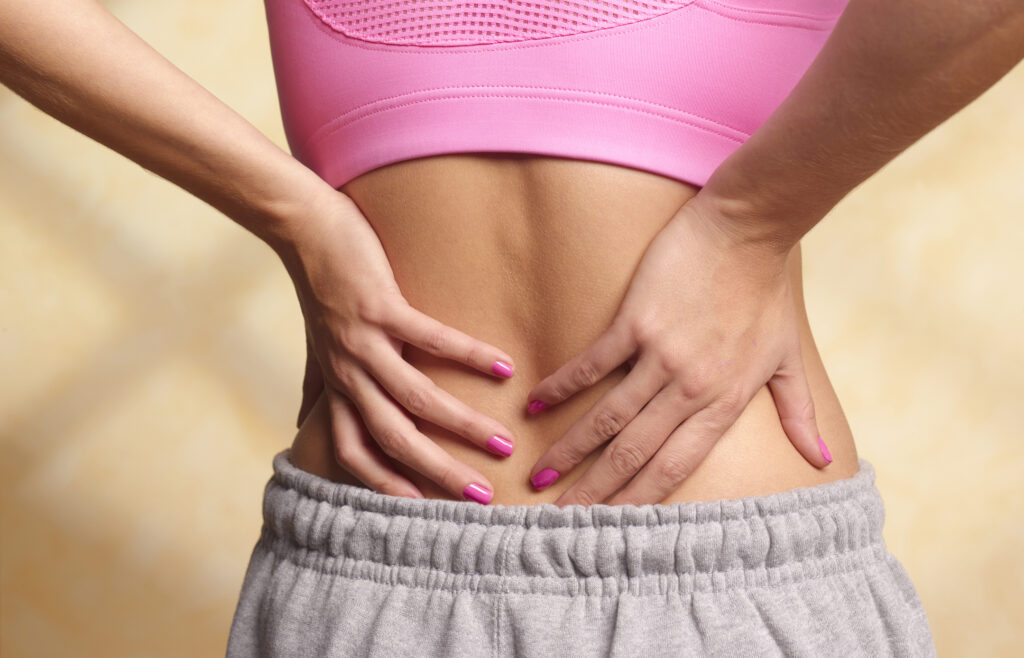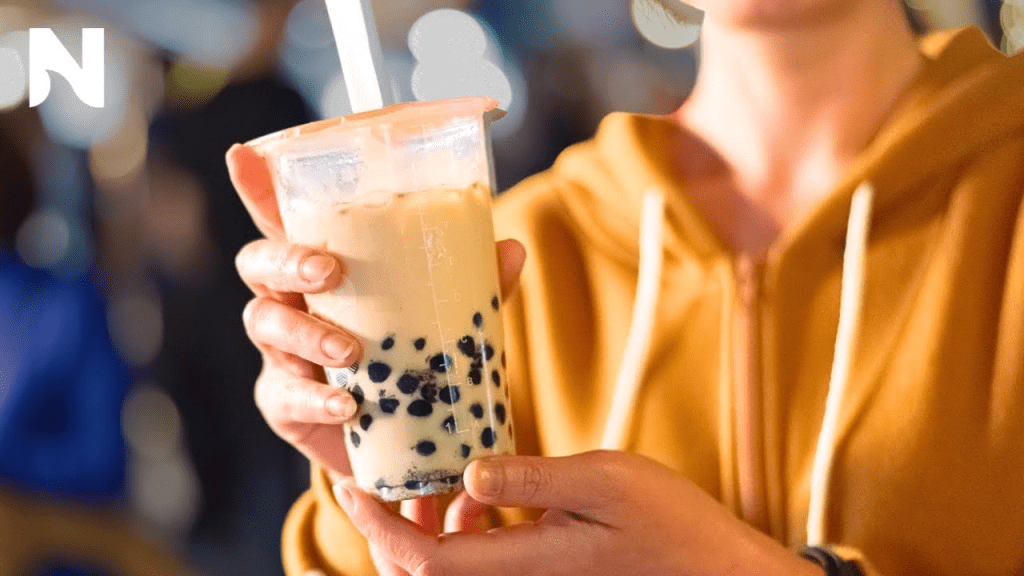In a shocking medical case, a 20-year-old woman from Taiwan underwent surgery to remove 300 kidney stones, with her preference for bubble tea over water being one of the possible causes. This incident has once again shed light on the dangers of poor hydration and how lifestyle choices can have serious health consequences. Let’s dive into the details of this case and explore how something as innocent as drinking bubble tea can lead to such a severe outcome.
The Alarming Case: 300 Kidney Stones in a 20-Year-Old Woman

Xiao Yu, the young woman at the center of this medical story, was admitted to the hospital suffering from severe back pain and fever. After conducting a series of tests, doctors were shocked to discover that her kidneys were filled with hundreds of stones, ranging from 5mm to 2cm in size. A CT scan confirmed the staggering number of stones, which resembled “small steamed buns” according to the Chi Mei Medical Centre in Tainan, Taiwan, where the surgery was performed.
The surgical team, led by urologist Dr. Lim Chye-yang, proceeded to remove the 300 stones, successfully resolving the issue. Post-surgery, Ms. Xiao’s condition stabilized, and she was discharged from the hospital.
The Role of Bubble Tea: Is It Really the Culprit?
You might be wondering, “Can bubble tea really cause kidney stones?” While bubble tea, a popular drink made with tea, milk, sugar, and tapioca pearls, isn’t directly linked to kidney stones, Ms. Xiao’s preference for the beverage over water certainly contributed to her condition. One of the key risk factors for developing kidney stones is dehydration, and drinking sugary beverages instead of water can lead to a lack of sufficient hydration.
Bubble tea is loaded with sugar and often lacks the hydration benefits of water. When people don’t drink enough water, their urine becomes more concentrated, making it easier for minerals like calcium and oxalates to combine and form stones in the kidneys. In Ms. Xiao’s case, her insufficient water intake likely created the perfect environment for kidney stones to develop.
How Dehydration Leads to Kidney Stones
Dehydration is one of the main causes of kidney stones, especially during warmer months when the body loses more water through sweat. Without adequate hydration, the urine becomes concentrated with minerals like calcium, uric acid, and oxalates, which can crystallize and form stones.
Dr. Lim, who treated Ms. Xiao, emphasized that kidney stone cases tend to rise in the spring and summer due to increased dehydration. People often forget to drink enough water during these seasons, and this leads to more kidney stones. The best way to avoid this? Drink plenty of water, especially when the weather is hot, and steer clear of sugary beverages that do little to hydrate your body.
Kidney Stones: Why Men Are at Higher Risk
It’s worth noting that kidney stones are more common in men than women. Research shows that men are over three times more likely to develop kidney stones, with the highest risk typically seen in those between the ages of 50 and 60. However, this case involving a 20-year-old woman highlights that the condition can affect anyone, particularly when dehydration or dietary factors are at play.
Certain diets, especially those high in salt, calcium, and protein, can also increase the likelihood of kidney stones. For example, excessive consumption of salty foods or animal protein can cause an imbalance in the body, leading to stone formation. For individuals who have a family history of kidney stones, the risk is even higher.
The Importance of Proper Hydration and a Balanced Diet

Preventing kidney stones starts with making simple changes to your daily routine. One of the most important steps is staying properly hydrated. Health experts recommend drinking about ten 10-ounce glasses of water each day to keep your kidneys functioning properly. Water helps dilute the substances in urine that lead to stone formation.
In addition to drinking water, a balanced diet plays a crucial role in kidney health. Here are some tips to reduce your risk of kidney stones:
- Reduce Salt Intake: Too much salt in your diet can increase the amount of calcium in your urine, which contributes to stone formation. Try to limit your intake of salty snacks and processed foods.
- Eat More Fruits and Vegetables: Foods high in potassium, like bananas, sweet potatoes, and spinach, can help balance the levels of calcium and oxalate in your urine.
- Limit Animal Protein: Meat and animal-based proteins can increase the risk of kidney stones by raising uric acid levels in the body. Consider moderating your intake of red meats and seafood.
- Get Adequate Calcium: Surprisingly, calcium from food can actually help prevent stones by binding to oxalates in the digestive tract. Aim for a diet rich in natural calcium from dairy products rather than relying on supplements.
- Limit Sugary Drinks: Beverages like bubble tea, soda, and energy drinks often contain high levels of sugar, which can lead to dehydration. Replace sugary drinks with water, herbal teas, or natural fruit-infused water.
The Takeaway: Choose Water Over Sugary Beverages

The case of Ms. Xiao serves as a powerful reminder of the importance of proper hydration. While bubble tea and other sugary drinks can be enjoyable, they should never replace water as the primary source of hydration. Dehydration can sneak up on us, leading to severe health issues like kidney stones.
If you find it challenging to drink enough water, try setting reminders throughout the day or carrying a reusable water bottle with you wherever you go. Staying hydrated is one of the easiest ways to prevent kidney stones and maintain overall health.
In conclusion, while bubble tea itself isn’t the villain, choosing it over water can contribute to dehydration and the development of kidney stones. So next time you’re reaching for that trendy drink, think twice and opt for a glass of water instead. Your kidneys will thank you!


